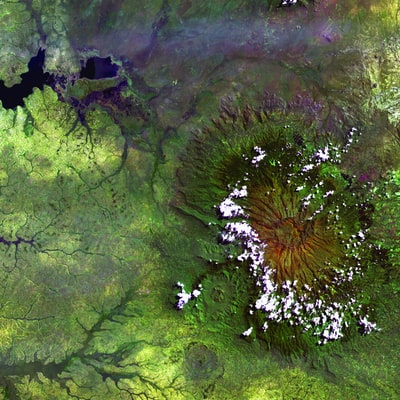Is trade between different parts of the world fair?

On example of this is the Common Agricultural Policy (CAP). This is a subsidy which the European Union pays farmers to produce crops – and occasionally not to produce them. The Cap guarantees minimum prices, import tariffs and quotas on goods from outside the EU, which critics say penalises farmers in the developing world who cannot receive a fair price for goods they produce.
Consider the importance of factors such as an adequate water supply and good governance on people’s standards of living.
When we talk about quality of life and standard of living, there is one resource that no one can do without: clean water. We drink it, as do our livestock; it is needed to grow crops; we wash in it and use it for everything from industry to leisure.
Many of the poorer nations are also the ones whose access to clean water is the most limited. This can be for a number of reasons – inefficiency, pollution, corruption, competition – but its impact on people is huge. Water is a vital resource, and wars have been fought over it. Global warming campaigners believe that future wars will be more often about water than about oil.
For a country to look after its people and prosper as a nation, it needs a strong government, a healthy democracy and a respect for all its people – and the rights of its neighbours. Unfortunately many developing countries (particularly in Africa) have been blighted not only by unfair trade but by leaders who have stolen the country’s resources, locked up opponents, started wars against their neighbours, and even turned their own people on one another.
Good governance could go a long way to ensuring the African nations became more affluent. Nigeria, for instance, has vast natural resources,including oil, iron ore and coal, yet it is still one of the poorest nations in Africa, riven by tribal conflict and with a government which its opponents say is undemocratic, inefficient and corrupt.
Consider the potential for hostilities between developing countries with scarce resources.
Water is a vital yet finite resource, and in regions where it is scarce conflicts often arise. In Sudan, Africa, a civil war has raged for many years. One of its main reasons has been to secure a supply of fresh water. It is feared that so-called water conflicts will become more common as global warming increases.
Farmers in the developing world are facing increasing pressure to stop growing food for their own use – subsistence farming – and instead produce so-called ‘cash crop’ produce, such as coffee or bananas, to sell for export. When farmers begin to concentrate on cash crops they are then forced to purchase food for their own consumption, and traditional skills are often lost.
As these farmers begin to grow cash crops, this in turn makes it necessary that they purchase fertilisers, pesticides and insecticides so that the crop is not spoiled. As these farmers rarely have the financial resources to purchase these products they are often forced into debt and are reliant on the market rather than their own skills as producers simply to survive.
Should we ‘Buy British’?
In recent years there has been an increased awareness of the problems associated with importing food and campaigns like ‘Buy British’ now invite consumers to purchase food produced in this country. Buy British campaigners tend to emphasise the supposed patriotism of buying items produced in the UK, and claims that we should do so to lessen the burden of farmers in the Third World.


